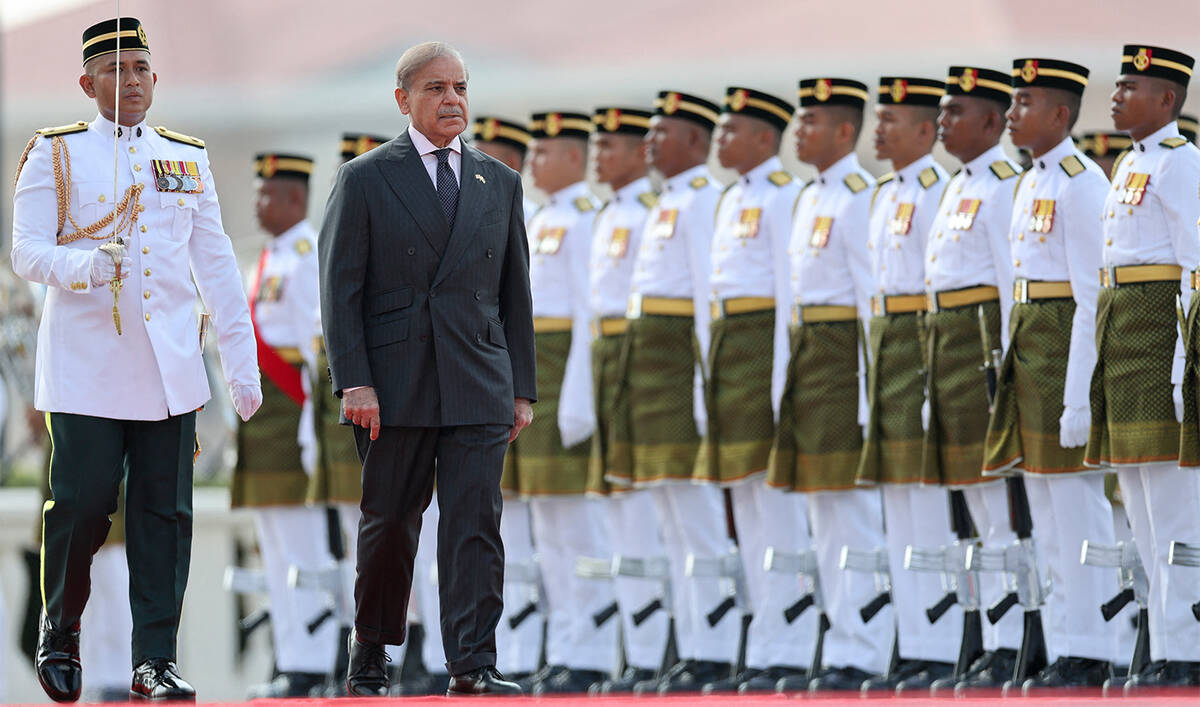ISLAMABAD: The Punjab Provincial Disaster Management Authority (PDMA) on Monday issued a fresh flood alert, warning of rising river levels across the province that has already suffered weeks of rain-related damage and repeated flooding this monsoon season.
This yearŌĆÖs monsoon season, stretching from late June through September, has been one of the deadliest in recent years, killing at least 1,006 people nationwide and displacing tens of thousands, according to the National Disaster Management Authority (NDMA). The downpours have damaged hundreds of thousands of homes and large stretches of roads, while washing away livestock and destroying key crops ŌĆö including cotton, rice, and maize ŌĆö across the countryŌĆÖs agricultural heartland.
Punjab, PakistanŌĆÖs most populous and agriculturally vital province, has been hit by repeated flooding since August, with nearly 2.5 million acres of farmland destroyed.┬Ā
ŌĆ£Flows in River Jhelum at Mangla upstream are likely to rise, with a possibility of reaching medium flood level within the next 24 hours,ŌĆØ a PDMA spokesperson said. ŌĆ£There is also a likelihood of low flood conditions in River Sutlej at Ganda Singh Wala, depending on water releases from India.ŌĆØ
The PDMA said it had alerted all divisional commissioners and deputy commissioners to remain vigilant and ensure round-the-clock staffing in District Emergency Operation Centers (DEOCs). Departments of irrigation, health, livestock, communication and works and local government have been directed to mobilize resources for flood preparedness.
PDMA Director General Irfan Ali Kathia instructed officials to pre-position heavy machinery, strengthen embankments, and clear drainage channels to prevent breaches.┬Ā
ŌĆ£District administrations have been directed to stay alert as river flows and nullahs may rise due to ongoing rainfall,ŌĆØ he said.
Citizens were urged to exercise caution and follow safety adviseries during the wet spell. The PDMA said the wet spell is likely to subside within 36 hours, but monitoring and early warning systems would remain active.
Pakistan witnessed its most devastating monsoon season in 2022 when floods killed 1,739 people and caused an estimated $30 billion in damage.

















